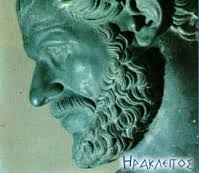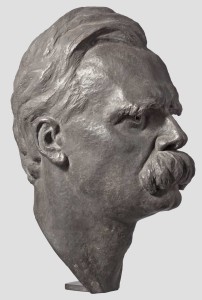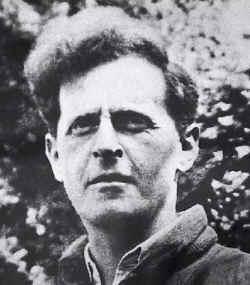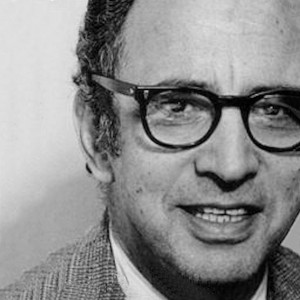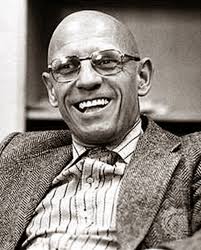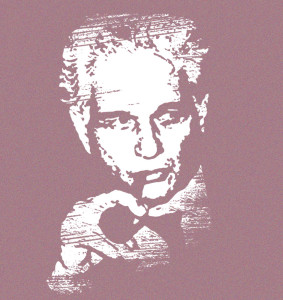Post-modernism is a relatively recent movement in philosophy. It was so named because it began as a reaction against the “modern” age of Philosophy since Descartes. Descartes had begun the trend in establishing systems aimed at discovering fixed and absolute truths about the universe. The post-modernists’ view is that philosophy is fooling itself. Post modernist is a broad school, and there are differing opinions about which philosophers belong in it.
Heraclitus lived more than two thousand years ago. but his ideas are truly “post-modern”. This is because Heraclitus believed that the only thing that remains constant in the universe is that everything changes. Therefore, Heraclitus was the first Western philosopher to suggest that we can never have knowledge that lasts for all time.
Nitzsche rejected the idea of any higher truth. He said, “The apparent world is the only world: the real world is merely a lie”.He agreed with Heraclitus’ view that the world is constantly changing. For Nietzsche there is only flux and chaos, which can be creatively form into shape through individual will. He believes that all claims to higher knowledge are lies based on self-deception. He thought that language is one of the biggest deceivers of all. He pointed out how limited and distorting words can be. For example, referring to things collectively as trees, leaves, flowers, houses, and so on promotes similarities and suppresses differences. Nietzsche felt that any belief we have about the world are just useful devices for dealing with life. However, he thought the belief that every action has a cause leads to the false belief in a higher self. He said, “A thought comes when it will, not when I will”.
It is Wittgenstein‘s later, rather than early, work that can be viewed as post-modern. The young Wittgenstein had thought that he had found certainty and precision in language. In later life, Wittgenstein disagreed intensely with his earlier life. The older Wittgenstein thought that all meaning in language depends upon how words are used. He talked about “language games”, meaning that language has certain rules of using just like any game. He said that when the rules were broken “language goes on holiday”. Wittgenstein was very fond of children’s books “Alice in Wonderland” and “Alice Through the Looking Glass”. They are packed full of examples that show how meaning can be turned upside down when the rules of language are broken. For instance, a promise for “jam every other day” is never fulfilled because it never is “every other day”.
According to Wittgenstein, any philosophical claim to knowledge of absolute truth is nonsense, a perfect example of “language on holiday”.
Kuhn was the first philosopher to question if there are any fixed truths in science. He argued that the truths that scientists uncover is only relative to the times in which they live. Kuhn claimed that scientists cannot escape their historical conditioning. Their thinking is limited by the sum total of the knowledge available to them. This historical conditioning is similar to Kant‘s goggles. Scientists cannot help but view reality from a certain perspective. Every now and then a major discovery will cause a change in perspective (which Kuhn called a “paradigm shift”). However, Scientist’s old goggles are simply replaced by a new set. It did not mean science was getting any closer to the truth.
Foucault believed that our view of the past changes from one age to another. The way we think about history is never neutral or without bias. Foucault stressed the central role power plays in our understanding of the past.The old saying “History is written by the victors” means that only those in power get their version of events heard. Foucault’s work shows that there is no continuity in history. The rules that structure society and govern people’s lives are constantly shifting. And those who set the rules are those who hold the power.
Foucault was also interested in “micro-power”. This is power operating on a much smaller scale. He showed how prison, school, and hospital authorities exert power over the “inmates” by a system of rules. Those who disobey the rules are punished.
Foucault’s excavation of the past gave him little hope for the future, as technological advances offer frightening possibilities for the misuse of power.
Derrida‘s ideas are similar in many ways to those of the later Wittgenstein. Derrida agrees that the meaning of words depends on how they are spoken or written. He believes that the way we understand ourselves and our language changes over time. nothing is fixed.
A key word for Derrida is “difference”. He maintains that everything differs from everything else. For example, a certain word in a book has a different meaning in that book than any other. And within any book, a word has a different meaning in different chapters.
Derrida argues that philosophers who claim to have discovered fixed and absolute truths about the world are unaware of the tricks that language plays on their own writings. When Derrida writes about these philosophers, he “deconstructs” their claims by uncovering these tricks. Deconstructionism has become a popular movement beyond philosophy, influencing architects and even fashion designers.

